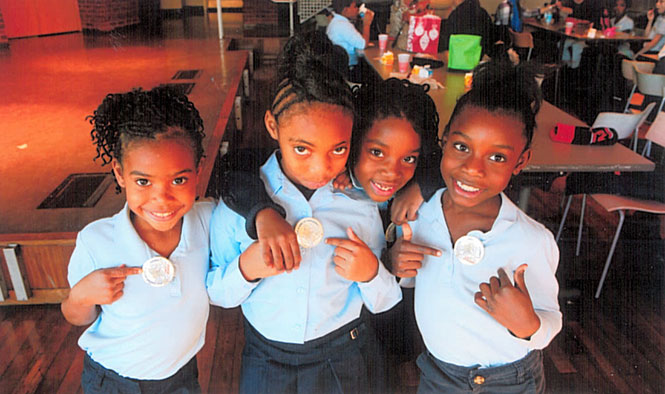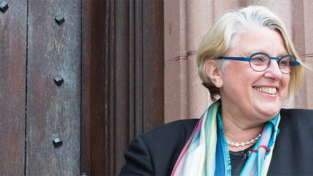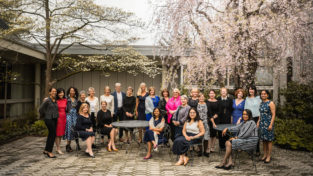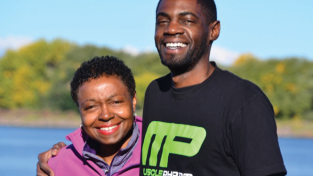President’s Pen: Summer 2014
It’s hard-wired into me.
There comes a moment in late July when I begin thinking about the start of school.
The days grow a bit shorter. I start counting precious summer weekends. And then there are all those back-to-school television commercials that still make me want to buy new notebooks.
Like many of you, I have always enjoyed school. When I was a girl, I adored my teachers. I remember being a second grader in Miss O’Neil’s class and shyly handing her an invitation to dinner. I don’t remember the exact language in my note, but I do recall the postscript.
“Could you let me know right away?” I asked. “I don’t want my mother to clean the house for nothing.”
I still love the classroom, and that’s why I always make a point to teach one course each year. I’ve co-taught Critical Race Theory with Lucas Wilson, Bio-Ethics with Rachel Fink, and two courses with Richard Moran: Sociology of Prisons and Sociology of Medicine.
The experience of teaching Philosophy for Children reinforces for me the transformative power of education.
Lynn Pasquerella ’80
When philosophy professor Tom Wartenberg walked into my office and said, “It’s about time you co-taught something in your home department,” I couldn’t resist.
Tom teaches Philosophy for Children, a stellar course that shows students how to explore philosophical questions with children using picture books such as Frog and Toad and The Bear That Wasn’t. Our students work with second graders at the Martin Luther King Jr. School of Excellence in nearby Springfield. We teach them to teach youngsters how to ponder weighty questions such as, “When you act bravely, can you be scared?”
I was honored when Tom asked me to participate, and I enjoy everything about the course, even riding the bus with our students down to Springfield. That’s when I get to hear what’s on their minds: what they worry about, what engages them, and why some feel compelled to spend endless hours in the library—a campus preoccupation that’s been around since I was a student.
For everyone involved in the course, the payoff comes at the end. Then it’s the second graders’ turn to board buses and spend the day on campus with us. Few things are more important, we believe, than showing children that college can be in their future. Other professors lend a hand in underscoring the point: Larry Schipull demonstrates the college organ and Rachel Fink shows the kids sea urchins in her lab, after which the kids take a trip to the art museum. The day is capped off with an awards ceremony where each child graduates from the course and receives an “I am a Philosopher” button.
The experience of teaching Philosophy for Children reinforces for me the transformative power of education. Mount Holyoke students love what they do, and I love helping them open doors.
And, speaking of opening doors, one day as our group arrived at the MLK School, a fourth grader and graduate of the course saw us coming through the door. “Those are the philosophers,” he enthusiastically yelled to the second graders waiting for us. “They’re going to change your life!”
—By President Lynn Pasquerella ’80
This article appeared in the summer 2014 issue of the Alumnae Quarterly.
July 15, 2014











Leave a Reply